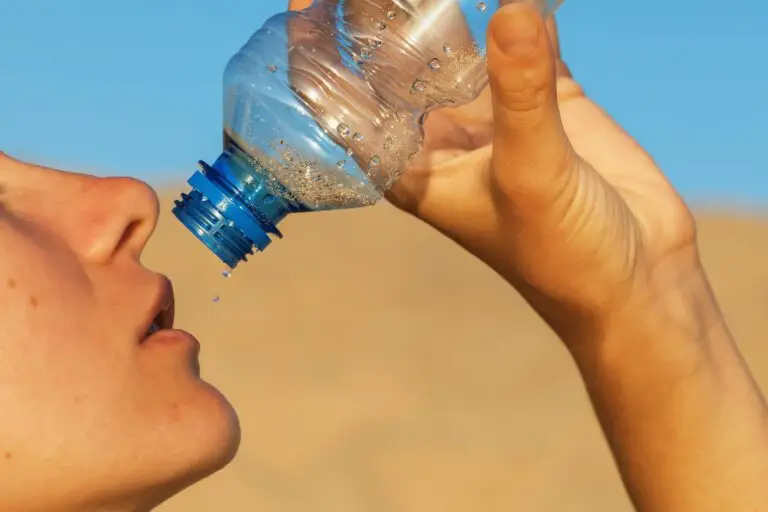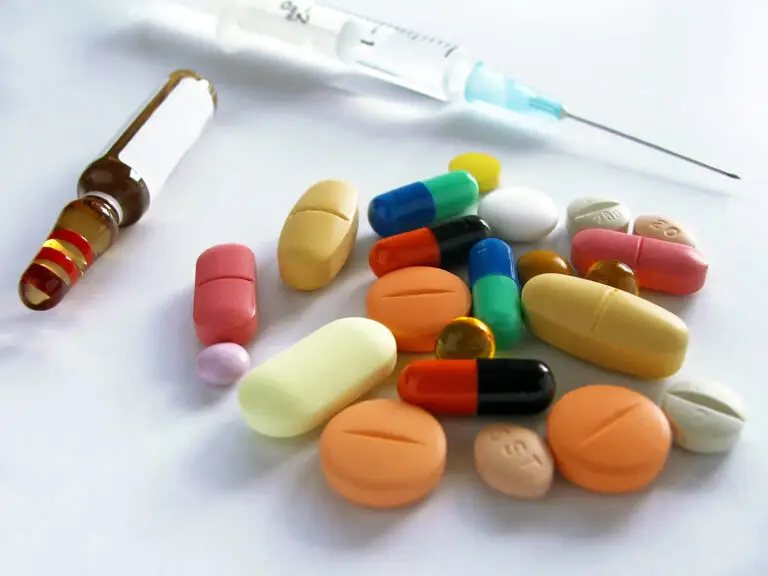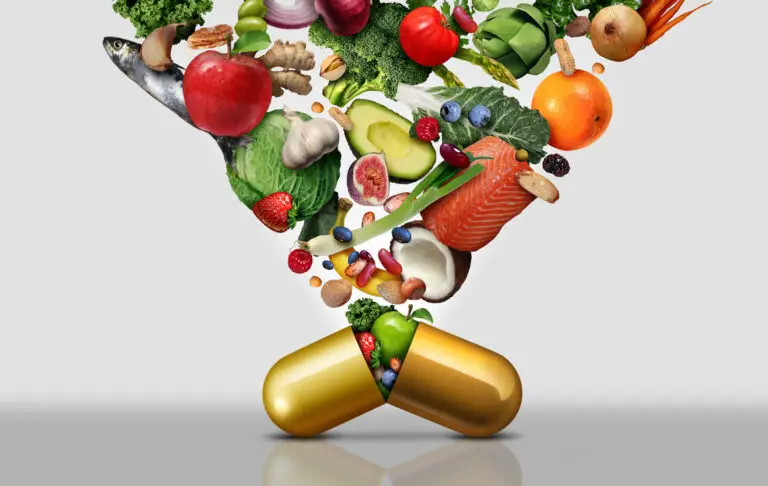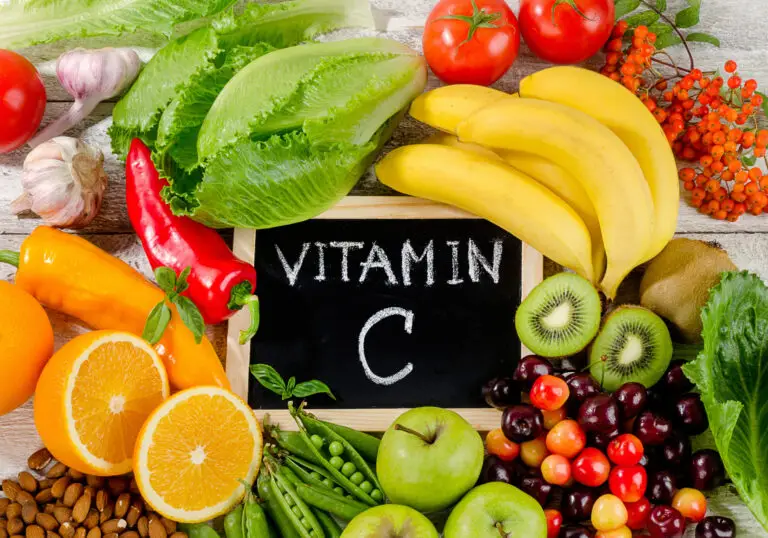Water is the basis of life, accounting for approximately 60% of a human’s body. However, dehydration is such a common issue that most people suffer from it without considering its possible effect on their overall health. We usually link dehydration to dry mouth, dizziness, and fatigue. Nevertheless, a less popular effect of dehydration is its association with high blood pressure. Does dehydration cause high blood pressure? The answer is rather complicated than just yes or no.
When the body has insufficient fluids, blood volume drops, and the heart has to labor more to circulate blood. This will increase blood pressure levels. Dehydration also releases vasopressin, a hormone that makes blood vessels contract, thus increasing blood pressure levels. For people with existing hypertension or people who are hypertensive-risk, dehydration can worsen their condition and increase their difficulty in treating it.
Understanding the link between dehydration and high blood pressure is crucial for maintaining cardiovascular health. In this article, we’ll explore how dehydration affects blood pressure, the science behind this connection, and effective ways to stay hydrated. We’ll also highlight essential nutrients that help regulate hydration levels and prevent complications. If you’ve ever wondered, “Does dehydration cause high blood pressure?” – read on to find out the answer and learn how to protect your health.
What is Dehydration?
Dehydration occurs when the body loses more fluids than it takes in, preventing it from functioning at its best. Water helps the body regulate temperature, remove toxins, and transport nutrients to cells. When levels of hydration drop, the body finds it difficult to sustain these vital functions, resulting in a series of symptoms.
Common Causes of Dehydration
Not consuming enough water during the day.
- Excessive sweating – Especially in warm weather or during strenuous exercise.
- Vomiting and diarrhea – These result in quick fluid loss, resulting in dehydration.
- Diuretic medications – These cause the body to produce more urine, possibly dehydrating the body.
- Caffeine and alcohol intake – Both of these can lead to fluid loss.
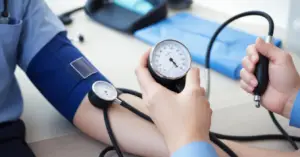
Symptoms of Dehydration
Mild dehydration symptoms include thirst, dry mouth, tiredness, and dark-coloured urine. More severe dehydration may result in dizziness, confusion, fast heart rate, and even organ failure if not treated.
How Does Dehydration Cause High Blood Pressure?
The body regulates blood pressure by a very subtle balance of fluid and electrolytes. When dehydration happens, a number of physiological changes occur that can result in high blood pressure.
- Decreased Blood Volume
Blood is approximately 50% water. When dehydration occurs, blood volume declines, and it becomes harder for the heart to pump blood. Blood pressure increases to counteract the decreased volume. A published research study revealed that dehydration is a factor for elevated vascular resistance, which makes the heart have to labor harder and puts hypertension at risk. (source)
- Vasopressin and Blood Vessel Constriction
When the body senses dehydration, it releases a hormone known as vasopressin. This hormone tells the kidneys to hold water, but it also causes blood vessels to constrict. When blood vessels constrict, they become narrower, and blood pressure rises. Dehydration-induced vasopressin release has been shown to play an important role in increased blood pressure, according to a study in the American Journal of Physiology.
- Activation of the Renin-Angiotensin System
Dehydration activates the renin-angiotensin system (RAS), which controls blood pressure. When fluid intake decreases, the body releases more angiotensin II, a chemical that makes blood vessels constrict. This increases blood pressure. A clinical trial validated that chronic dehydration is associated with long-term activation of the RAS and is therefore a risk factor for long-term hypertension.
- Electrolyte Imbalance
Dehydration interferes with electrolyte balance, especially sodium and potassium levels. Sodium retention is increased, leading to fluid retention and increased blood pressure. Potassium deficiency, however, causes blood vessels not to relax, further increasing blood pressure. A recent study emphasizes the need to have a balance of electrolytes to avoid dehydration-induced hypertension.

How to Avoid Dehydration-Related High Blood Pressure?
If you’re wondering, “Does dehydration cause high blood pressure?” the good news is that it’s preventable. Proper hydration and a balanced diet can help maintain stable blood pressure levels.
- Drink Enough Water Daily
The general recommendation is eight 8-ounce glasses (2 liters) of water per day, but individual needs vary based on activity level, climate, and health conditions.
If you perspire excessively or take diuretics (alcohol or caffeine), up your water consumption accordingly.
- Consume Hydrating Foods
Water-rich fruits and vegetables can keep dehydration at bay. Some good options are:
- Cucumber (96% water)
- Watermelon (92% water)
- Oranges (86% water)
- Lettuce (95% water)
- Replace Electrolytes
Plain water drinking might not suffice, particularly if you’re perspiring a lot. Replace lost electrolytes by eating:
- Potassium-rich foods (bananas, sweet potatoes, spinach)
- Magnesium sources (avocados, nuts, seeds)
- Calcium-rich foods (dairy, leafy greens)
- Sodium in moderation (broths, pickles)
- Use IV Hydration Therapy
For individuals who are chronically dehydrated or have high blood pressure, IV hydration therapy is a quick and efficient solution. The IV Lounge provides the Strength and Recovery Cocktail, loaded with:
- Glutamine, Ornithine, Arginine, Lysine, Citrulline, Carnitine
- B Complex, B12
- Calcium, Magnesium, Potassium Bicarbonate
This potent combination restores hydration, stabilizes electrolytes, and promotes cardiovascular health.
Remaining Hydrated for a Healthier Life
So, does dehydration cause high blood pressure? Yes, dehydration can contribute to increased blood pressure by lowering blood volume, releasing vasopressin, activating the renin-angiotensin system, and causing electrolyte imbalances. These effects make dehydration a risk factor for hypertension, especially for those already at risk for high blood pressure.
Hydration using proper water intake, electrolyte balance, and IV therapy prevents these risks. At The IV Lounge, we provide hydration cocktails designed to aid cardiovascular health. As an athlete, busy professional, or hypertension patient, putting hydration first helps you stay in the best position to keep blood pressure levels stable and your health at its peak.


